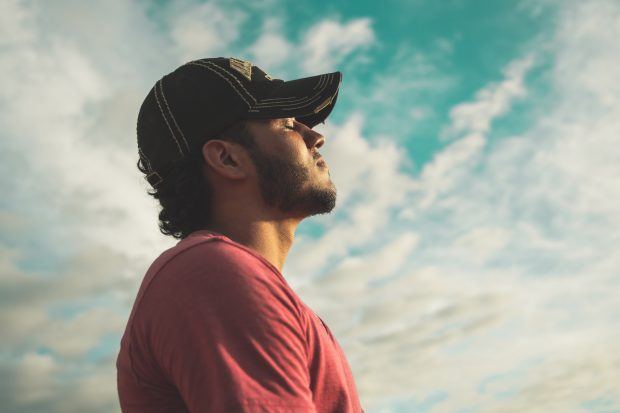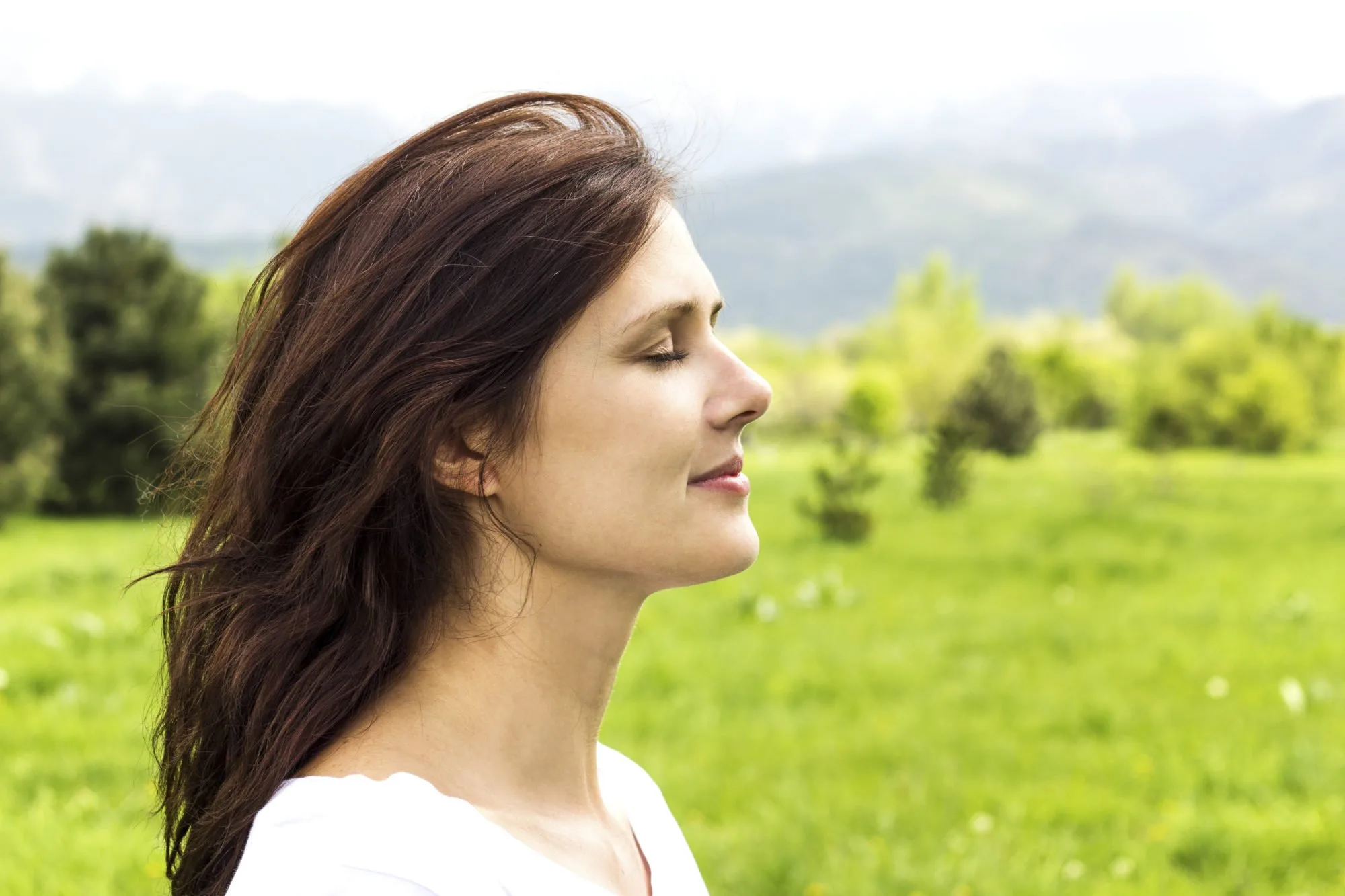Our busy lives have led to us being more stressed-out than ever. More and more people are suffering from depression and anxiety due to their hectic schedules. This often leaves us feeling burned out and unable to catch a breath. But that much-needed breath that you’re trying to catch may just be the difference in helping you with your anxiety and stress.
Dr. Ela Manga, an integrative medical doctor and author of Breathe- Strategizing Energy in the Age of Burnout, says that breath work is the conscious application of breath awareness and breathing techniques to support self-awareness, self-regulation, healing, and personal transformation. It can be used to improve your health, optimize your sports performance, boost productivity and confidence, and help you access an inner sense of peace and calm.
In this week’s edition of Wellness Wednesday, Gisele Wertheim Aymes is in conversation with her on how you can manage anxiety, stress, and burnout using your own breath.
Just Breathe
When we breathe, we are feeding oxygen into our bodies, but this oxygen can also help with our emotional and mental well-being.
Dr. Manga says:
“It is really important that we find ways to access our inner resources. And everybody needs that, you know, and breathing is something that we all do. But we take it for granted. And when we bring our attention and intention to it, it can really turn into a part of medicine”.
How do breathing exercises reduce stress?
Breathing exercises can reduce stress by increasing oxygen exchange, which reduces your blood pressure, slows the heart, and releases any tension held in the abdomen. These physical changes also benefit your mental state – concentrating on your breath can bring you into the present, in a state of mindfulness.

Photo by Eli DeFaria on Unsplash
Breathing exercises are particularly effective during periods of stress when your body is in “fight or flight” mode. This state of mind increases your heartbeat, as well as encourages fast, shallow breathing patterns, due to the feeling of imminent danger. Fortunately, in today’s world, the dangers that trigger fight or flight mode are often less harmful than predators; they tend to be stressful situations or experiences that cause anxiety.
“We are constantly experiencing heightened threats. That’s what we’re perceiving. And so there’s either that heightened stress response with a fight-flight mode in that hypervigilance that we’re experiencing or a shutdown where the threat is so overwhelming that the nervous system cannot process it.
And so we tend to withdraw, we isolate, we feel depressed. So, we’ve seen a combination of the symptoms that were really manic adrenaline energy, and then dropping into this the shutdown response, and, you know, it’s causing havoc with our nervous systems.”
What are the benefits of breathing exercises?
While breathing exercises may not be a full stress-management technique, they are clinically proven to lessen the symptoms of stress or anxiety and can be employed whenever and wherever needed.
Why Nose Breathing Matters
A big breath is not the same as a deep breath. Taking big breaths through your mouth results in too much air being taken in, most often into the upper chest. This hyperventilation leads to lower oxygen levels in your blood.
Breathing through your nose is the foundation of healthy breathing:
- Your nose acts like a filter, warming and hydrating the air before it reaches your lungs
- Your nose harnesses nitric oxide, which helps dilate the blood vessels all the way down in the lungs so that more oxygen gets into your bloodstream
“We should be breathing through the nose most of the day. Okay. There are so many reasons why the nose is designed to warm filters, and humidified air, to prepare it for absorption by the lungs.
When we breathe through the nostrils, it also releases nitric oxide, which is a natural antimicrobial and antiviral. And, you know, if we’re bypassing the nose, we are bypassing all those beneficial effects”
Mindful Diaphragmatic Breathing

Photo by Kelvin Valerio
One of the simplest breathing exercises you can do is diaphragmatic breathing, also known as belly breathing. This conscious breathing technique engages the diaphragm, a dome-shaped muscle under the lungs. It is the most efficient muscle for breathing and can be used to lessen the symptoms of stress, anxiety, and panic alongside other health benefits.
Regular breathing in this way, as well as tapping into this breathing pattern in times of stress, can have a direct positive effect on your mind and body after just a few minutes.
Dr. Manga advises:
“The real power comes from when we are intentionally practicing every single day. And it doesn’t have to be anything major, just five minutes in the morning. You know, before we get out of bed, you know, five minutes in the middle of the day, five minutes before we go to bed.”
Dr. Manga also has a podcast called Threads of Healing, in which she speaks to experts from different industries such as doctors, journalists, entrepreneurs, and activists.
WATCH THE INTERVIEW
The video interview contains the full dialogue of this interview, and you can watch it below.
View this post on Instagram





![women [longevity live]](https://longevitylive.com/wp-content/uploads/2020/01/photo-of-women-walking-down-the-street-1116984-100x100.jpg)










